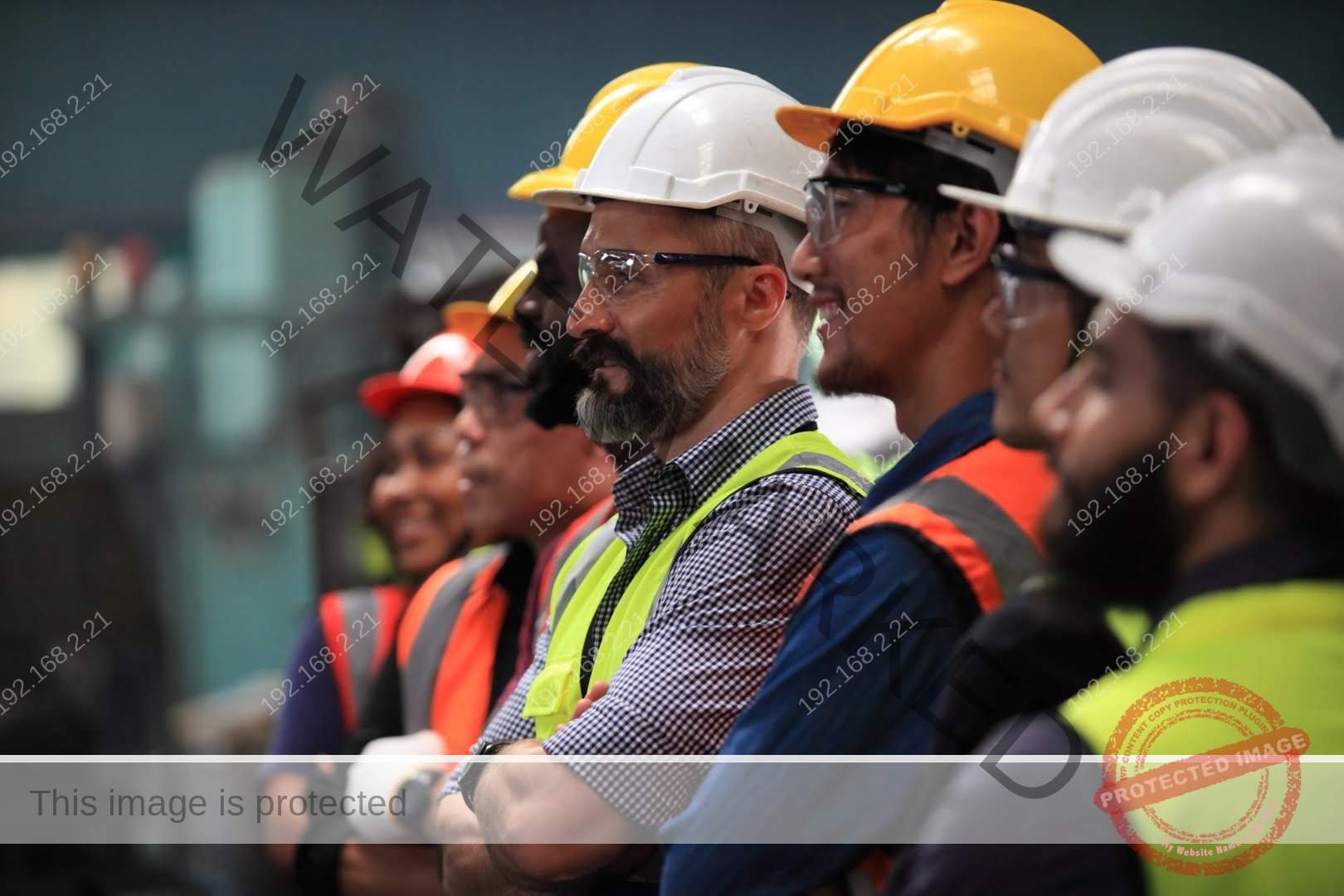In a pivotal move, Employment and Social Development Canada has announced an extension to the cap limit for employers under the Temporary Foreign Worker (TFW) Programn in certain sectors. This extension, previously set to expire on October 30, 2023, has now been pushed to August 30, 2024, granting employers in specified sectors an increased cap limit of 30% for hiring workers in low-wage positions, instead of the previous 20%. These industries include:
- Construction
- Food manufacturing
- Wood product manufacturing
- Furniture and related product manufacturing
- Hospitals
- Nursing and residential care facilities
- Accommodation and food services
This extension comes as a response to the ongoing labor shortages that have continued to hamper Canada’s economic sectors. While this measure aims to provide immediate relief to employers struggling to find domestic workers, it also raises concerns about the long-term impact on the labor market and the potential for wage suppression. It is a decision that can be both a boon and a bane, depending on the implementation and the adherence to the newly introduced wage review requirements set for January 2024.
A stagnant unemployment rate of 5.5% and a substantial 40% year-to-date increase in TFW Program demand signal that Canadian businesses are in a precarious position. The revised policy, including the new wage review requirement set to commence in January 2024, adds another layer of complexity to the process, necessitating the support of immigration consultants to ensure compliance and increase the chances of business success in hiring foreign labor, ensuring that businesses not only comply with new regulations but also capitalize on the opportunities that the TFW Program presents.
Furthermore, the shift to the LMIA Online Portal and the introduction of the Recognized Employer Pilot (REP) are intended to streamline processes, yet they also introduce new protocols that employers must navigate. The $49.5 million investment over three years for the Migrant Worker Support Program indicates a governmental commitment to protecting temporary foreign workers.
What is the Labour Market Impact Assessment (LMIA)?
The Labour Market Impact Assessment (LMIA) program is a critical part of Canada’s approach to managing the flow of foreign workers into the country, specifically designed to address short-term skills and labor shortages. Employers seeking to hire temporary foreign workers (TFWs) must undergo an LMIA process to demonstrate that there is a need for a foreign worker to fill the job and that no Canadian worker is available to do the job.
Temporary foreign workers who receive either a neutral or positive Labour Market Impact Assessment (LMIA) from an employer can then use this decision to apply for an employer-specific work permit. This permit authorizes them to work exclusively for that employer for a duration that varies depending on the industry and the nature of the job offer. Holding an LMIA job offer can significantly benefit these workers if they seek to become permanent residents of Canada, as it often grants them additional points or consideration in various provincial nominee programs (PNPs) and federal immigration pathways. Essentially, an LMIA can serve as a strong foundation for TFWs in their journey toward permanent residency.












